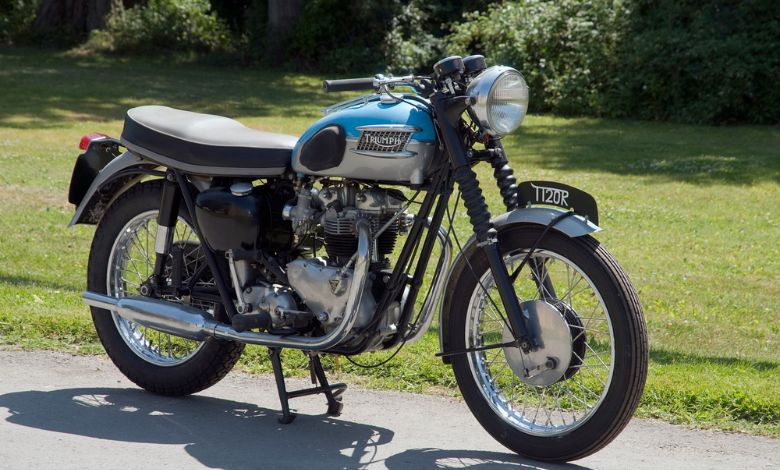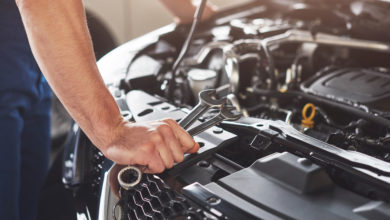5 Important Checklist for Buying a Used Motorcycle

Purchasing a used motorcycle can be a cost-effective and practical choice, especially for those on a budget. However, ensuring the motorcycle’s quality and reliability is crucial to avoid unexpected expenses or future issues. Here’s a summary of the key factors to check before buying a used motorcycle:
- Inspect the Motorcycle’s Condition
- Exterior: Examine the bike’s body, paintwork and plastic parts for any scratches, dents, or rust.
- Engine: Check if the engine starts smoothly without unusual sounds or excessive smoke.
- Tires: Ensure the tires have sufficient tread depth and are free from excessive wear and tear.
- Test Electrical and Meter Systems
- Meters and Gauges: Verify that the odometer, speedometer, and fuel gauge work accurately.
- Lights and Horn: Test the headlights, brake lights, indicators, and horn to ensure they function properly.
- Battery: Inspect the battery connections and confirm that the battery is in good condition.
- Verify Documents
- Registration Certificate (RC): Match the registration number with the bike’s license plate and ensure the information is accurate.
- Insurance: Confirm the bike has valid insurance, including third-party coverage.
- Tax Token and Fittness Certificate: Check if these are up-to-date and valid.
- Seller’s Identity: Verify the seller’s identity using their national ID or other valid documents.
- Take a Test Drive
- Braking System: Ensure the front and rear brakes work efficiently without any unusual noises or vibrations.
- Gear System: Test the gear shifts to confirm they are smooth and functional.
- Suspension and Comfort: Check if the suspension offers a smooth and comfortable ride.
- Evaluate Pricing and Negotiate
- Market Research: Compare prices for similar models online or in local markets to understand the bike’s market value.
- Negotiation: Consider the bike’s condition and any repair costs before negotiating a fair price. Ensure you receive a proper receipt after the purchase.
Additional Tips for Buyers
| Aspect | What to Do |
| Bike’s History | Inquire about past accidents or major repairs. |
| Warranty and Service | Check if the bike comes with any warranty or free servicing offers. |
| Professional Mechanic | Bring a trusted mechanic to inspect the bike’s mechanical condition. |
Challenges to Watch Out For
Some common issues with used motorcycles include narrow or damaged tires, potential engine problems, and occasional petty crimes, such as selling stolen bikes. Flood-prone areas may also lead to damaged or corroded components, so take extra care when inspecting the bike’s history and condition.
Conclusion
Buying a used motorcycle is a smart financial decision, but it requires careful inspection and evaluation. Following these checklists will help you make an informed purchase, ensuring you get e reliable bike that fits your budget and meets your needs.





